Turtle Dove Seed Mix

- 2 kg
- 4 kg
- 8 kg
- 15kg
- 30kg (2 x 15kg)
- 45kg (3 x 15kg)
- SUPERSAVER! 60kg (4 x 15kg)
- Bespoke or larger tonnages - please enquire
Our Turtle Dove mix contains:
- wheat
- oil seed rape
- white millet
- canary seed
- sunflower hearts
Turtle Doves are Summer visitors to the UK, and are ecologically unique by being Europe's only long distance migratory dove. They spend just a third of the year on their breeding grounds in Europe and the Winter on their non-breeding grounds in sub-Saharan West Africa. In Europe, they are mostly found on farmland where they nest in thick scrub and feed on bare ground, enjoying the seeds of wildflowers.
Very sadly, the UK population has declined by 98% since 1967. A loss of suitable and accessible seed food has been the most significant factor in driving the decline, combined with unsustainable levels of hunting during their migration to and from West Africa. There are now less than 1,000 breeding pairs of turtle doves in the wild in the UK.
We know that there are two things that must be done to recover the population of this long-distance migratory bird in the UK: 1) improve productivity by providing the right seed food on their breeding grounds and 2) improve survival of birds on migration by stopping unsustainable levels of hunting. The good news is that progress is being made on both fronts.
During the breeding season, Turtle Doves need 3 key things, ideally all within 300m of each other.
1) Food. Turtle Doves are ground feeders and feed almost entirely on seeds from low growing wild plants or split crop seeds. They need sparse vegetation and patches of open ground to be able to find the seeds.
2) Nesting habitats. They nest in dense woody vegetation, particularly tall, dense thorny broadleaf scrub or tall, wide hedgerows
3) Water. They must have accessible water such as a shallow-sided pond.
A loss of accessible seed food has been the most significant factor driving the decline of Turtle Doves in the UK. Where birds have a good food supply, adults and chicks have improved body condition which translates into higher survival rates. Native wildflower plants that produce suitable seeds for Turtle Doves can be encouraged, however supplementary feeding will bridge the gap when plant growth is slow, early in the season.
Recommendations for supplementary seed can be found here.
We have been supplying our Turtle Dove mix to a number of selected sites in the UK. Supplementary feeding for Turtle Doves can now be paid for as part of a Countryside Stewardship agreement (SP9 species supplement).
Each feeding site will require at least 75kg of Turtle Dove mix each year, which should be spread from mid April to the end of August ideally.
Seed should be spun or scattered sparsely (don't leave piles) and 6kg of seed per week scattered over a 50m x 5m feeding site is the recommended rate. This low seed rate will minimise the risk of disease, but should you notice that seed is not being eaten, stop feeding for a week to reduce the chances of disease transmission.
Other seed-eating farmland birds such as Linnet, House Sparrow, Tree Sparrow, Reed Bunting, Corn Bunting and Yellowhammer have been found to be more abundant on fed plots and the presence of these other farmland birds can actually alert Turtle Doves to the presence of the seed, which is a great bonus.
For bulk / wholesale orders, request a quote here.
Customer Reviews
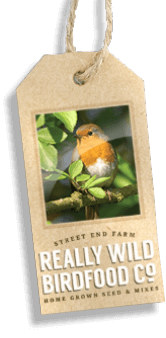
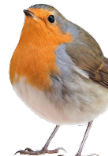
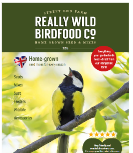

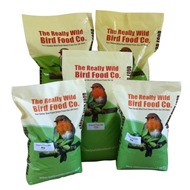

















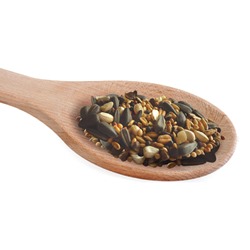
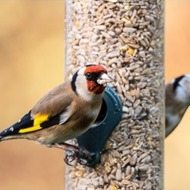





















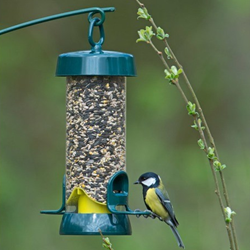
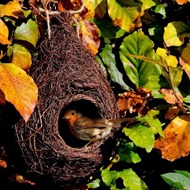












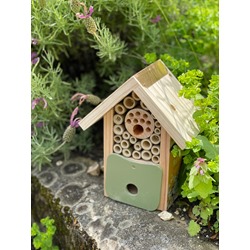












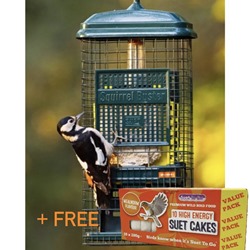
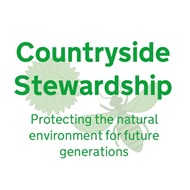
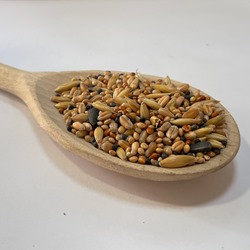




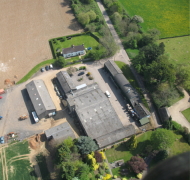

























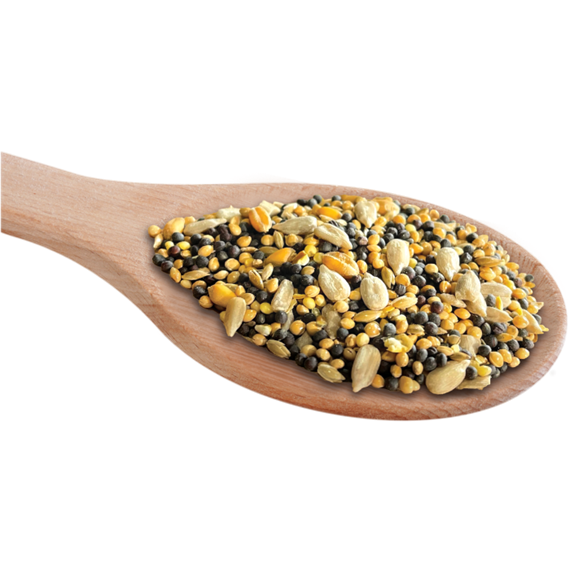



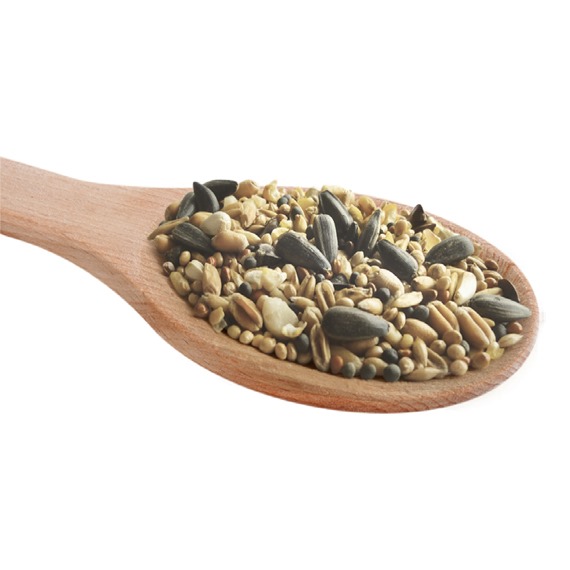 The Original Farm Mix™
The Original Farm Mix™ 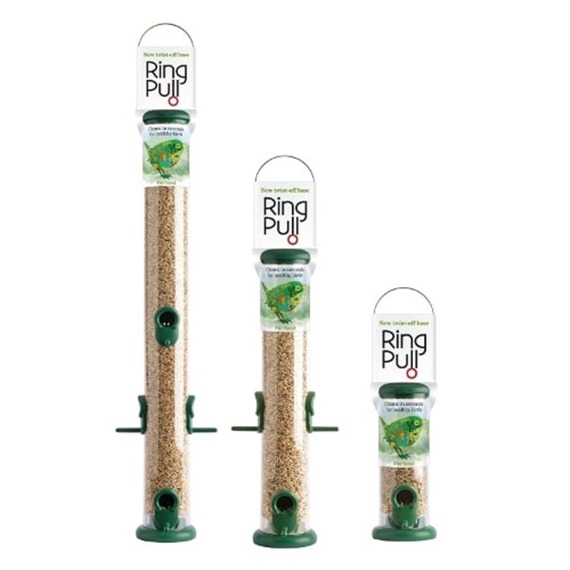 Ring Pull* Plastic Seed Feeders
Ring Pull* Plastic Seed Feeders 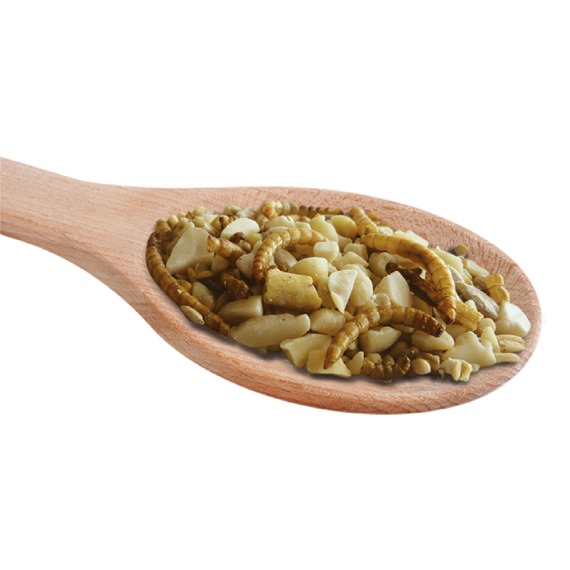 Deluxe Robin Crumble™
Deluxe Robin Crumble™ 
